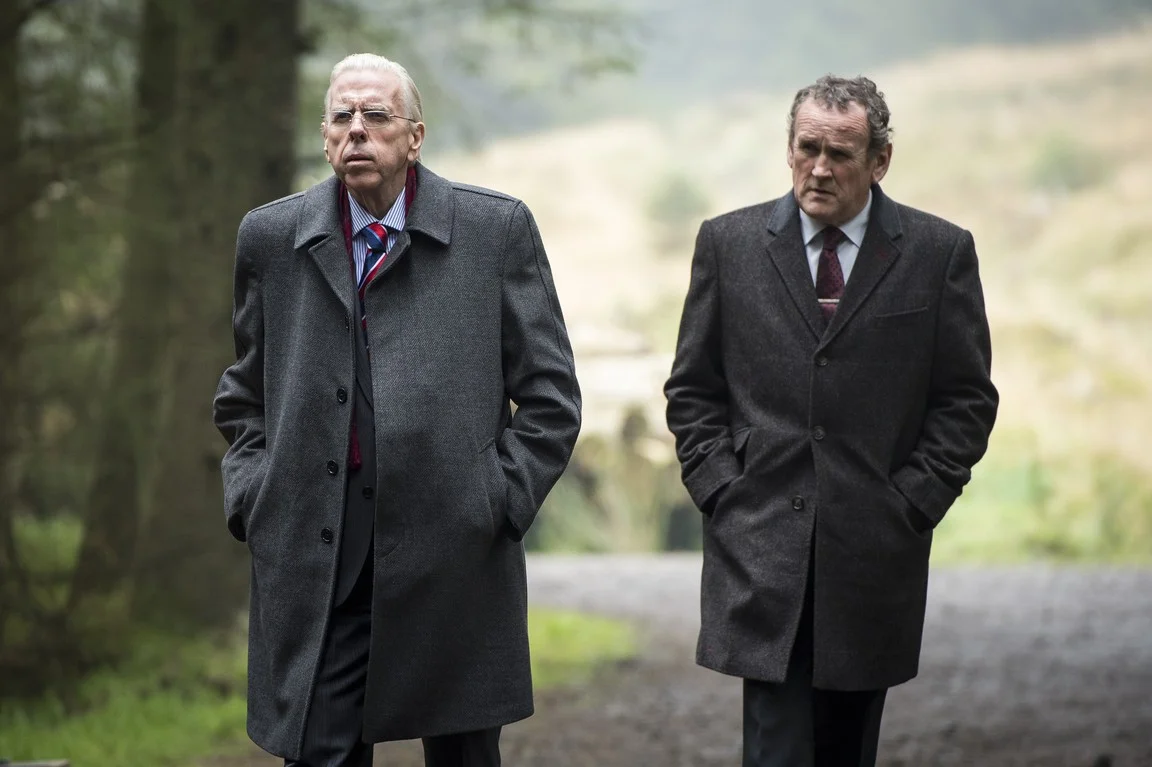Jonathan Demme
By Sean Tuohy
Hollywood has suffered a major loss with the passing of legendary director Jonathan Demme. Known for smart films that changed the cinematic landscape—“Silence of the Lambs,” “Philadelphia”—Demme was a filmmaker who pushed his craft to its outermost limits.
His films feature extreme close-ups, pop music scores, and expert Steadicam shots. He directed some truly memorable films during his 30-year career, including these three that may have been (wrongly) forgotten or dismissed by the public.
“The Truth About Charlie”
This charming and funny remake of the 1960s film “Charade” was Demme’s love letter to French New Wave films. “The Truth About Charlie” makes Paris a lively character in this strange spy story. It captures Demme’s ability to balance humor with heart-pounding thrills, as well as his talent for crafting artsy mainstream films.
“Married To The Mob”
In this film, Michelle Pfeiffer plays a widowed Mafia wife who is trying to restart her life after her husband is murdered. However, a lonely FBI agent and a Mafia kingpin fall in love with her and fight for her affection. Demme injected the right amount of heart and romance into this whacky comedy.
“The Manchurian Candidate”
This remake is one of the most overlooked and underrated thrillers of the past 20 years. It made great efforts to declare itself as a different film while paying respect to the original. Capturing the feverish anxiety of the post-9/11 world, “The Manchurian Candidate” keeps viewers on the edge of their seats while also creating a relatable world filled with conflicted, damaged characters.














